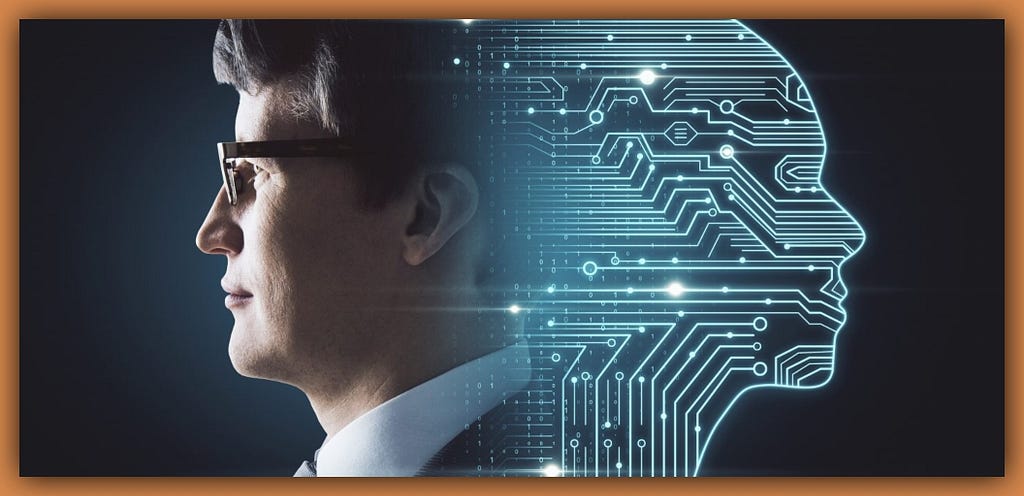The field of Artificial Intelligence (AI) has been making amazing and groundbreaking innovations ever since it was introduced, and it seems like it has no bounds. It is back with another fascinating application. This time, it is in the field of medicine. This Artificial Intelligence (AI) mechanism can give a sound and medically accurate diagnosis for patients. Soon, you might be asked to consult a robot for another opinion.
The study and research were conducted by two mental-health researchers based in Canada. Their study is now published in the famous Journal of Applied Behavior Analysis. The entire study was made by Marc Lanovaz of Université de Montréal and Kieva Hranchuk of St. Lawrence College, in Ontario. Basically, they come up with the idea of AI detecting and diagnosing behavioral issues in patients in this research.
“Medical and educational professionals frequently disagree on the effectiveness of behavioral interventions, which may cause people to receive inadequate treatment,” said Lanovaz, who is an associate professor, also heading the Applied Behavioral Research Lab at UdeM’s School of Psychoeducation.

Lanovaz and Hranchuk, a professor of behavioral science and behavioral psychology at St. Lawrence, collected the simulated data from 1,024 individuals who were already taking treatment for behavioral issues. These results were then sent for diagnosis to both the five doctoral-level behavior analysts and the computer system. The results were then compared to each other.
“The five professionals only came to the same conclusions approximately 75 percent of the time,” said Lanovaz. “More importantly, machine learning produced fewer decision-making errors than did all the professionals.”

These results can help “integrate our models in an app that could automatically make decisions or provide feedback about how the treatment is progressing,” he added. The goal is to assist the medical professionals in their work, not replacing them.
“For example, doctors could someday use the technology to help them decide whether to continue or terminate the treatment of people with disorders as varied as autism, ADHD, anxiety, and depression,” Lanovaz said.


